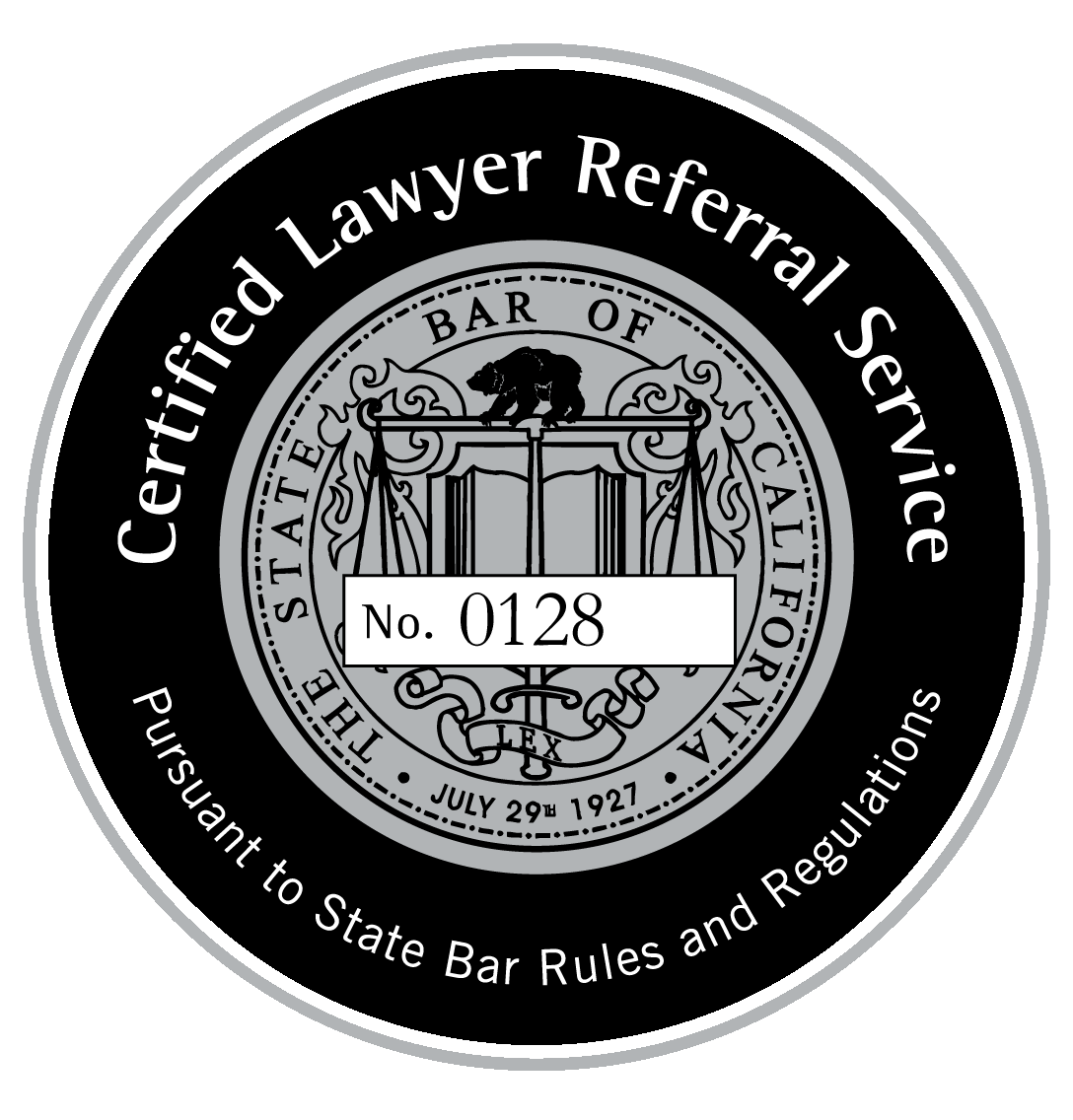A Guide To Starting A Corporation In California
If you want to form a corporation in California, you must follow a specific procedure and adhere to several state rules and regulations. This entire process is made up of multiple parts.
Here's a quick guide to forming a corporation, as often overseen by our prescreened Glendale Business Lawyers in California.

1. Choose A Name For Your Corporation
A name is one of the most distinguishing features of any type of company. It establishes an identity with which potential customers can identify and increases brand recall value.
To register a corporation in California, you must have a business name. In addition, you must follow the name requirements outlined in the California Code of Regulations when identifying or selecting a name.
It's important to ensure that your proposed or chosen name is distinct from any other name in the California Secretary of State's records. In addition, the name should not cause the public to believe that it is associated with the government.
2. Find A Registered Agent
One requirement for forming a California corporation is to retain a registered agent in the state for the service of the process.
The primary job of a California registered agent is to accept legal and tax paperwork on behalf of the entity from the Secretary of State's office or other government bodies.
3. Articles of Incorporation Should Be Filed
To form a California corporation, you must file the "Articles of Incorporation" with the California Secretary of State. You must provide particular information about the business in the articles, such as:
The entity's name
Business addresses
California Agent's name
The number of shares (if it is a stock corporation)
A mission statement
For more details on what to include in your articles, contact a Glendale Business Law Attorney to help you.
4. Select Directors
Appointing initial directors will help in the following:
The appointment of corporate officers
The adoption of bylaws
The selection of a corporate bank
The authorization of the issuance of corporate stock
Evaluations
The first corporate directors will also serve on the board until the first annual shareholders meeting. Unless there are fewer than three shareholders, California state law mandates that a professional corporation have at least three directors.
For any other questions, ask your Glendale Business Law Attorney directly. They'll know the ins and outs of your specific case, so rest assured they'll be able to help you.
5. Prepare Your Bylaws
Bylaws are a type of internal corporate document that outlines the whole operational framework of a company, including how it conducts business and who, when, and how decisions about the company are made.
The rules and regulations contained in a corporation's bylaws, also known as business bylaws, ensure that the corporation runs smoothly, efficiently, and consistently.
Setting bylaws before forming a corporation is needed by the California Corporation Code, albeit they are not required to be presented with the articles of incorporation in California. Instead, you'll need to keep a copy of the bylaws at your business's primary address.
6. Obtain An EIN
An Employer Identification Number is one of the most critical criteria for forming a business in California (EIN). This is a nine-digit tax identification number known as the Federal Employer Identification Number (FEIN).
The Internal Revenue Service (IRS) issues this tax ID number to particular business entities. Therefore, you will need to apply for and acquire an EIN to form a corporation.
To help you organize your EIN, consult with a Glendale Business Law Attorney to help you. They'll watch your deadlines, help you with paperwork, and speak with the right people.
7. Hold Your First Meeting
Holding a meeting is one of the prerequisites for incorporating in California. This is a form of inaugural meeting where numerous duties linked to the business are started or completed.
Some of the additional duties accomplished at an organizational meeting are the election of executives and directors, the issue of stock or initial shares, the adoption of employee benefit schemes, and the acceptance of corporate bylaws.
To ensure you (and your partners) have everything covered, talk to a Glendale Business Law Attorney.
8. Get A Business License
You need to apply for and get business licenses and permits to get your business up and running.
It is crucial to remember that California does not grant business licenses through the Secretary of State or state agencies, unlike most other states. The cities or counties where the business is located issue licenses and permits.
To help you apply for a business license, consult with a Glendale Business Attorney.
9. Set Up A Bank Account
Your firm is operational once you create a corporation in California, but what about transactions?
It's time to register a business bank account once you start spending or accepting money. Checking accounts, merchant services accounts, and credit card accounts are just a few examples.
10. Fill Out Tax Forms
Your business can be considered operational once you have filed your articles of incorporation in California and secured the necessary business license. Once your company is up and running, you must comply with some annual requirements, such as filing your taxes and providing a statement of information.
In California, the statement of information must be filed within 90 days following the filing of the Articles of Incorporation. In addition, you must file annual state taxes with the California Franchise Tax Board whenever you form a California corporation (FTB).
Find A California Business Law Attorney in Glendale
1000Attorneys.com is a California Bar Association Certified Lawyer Referral Service that can refer you to a Business Law Attorney best fit to handle your concerns.
You can contact us through our 24/7 Live Chat (or complete our submission form) for a free initial case review.









